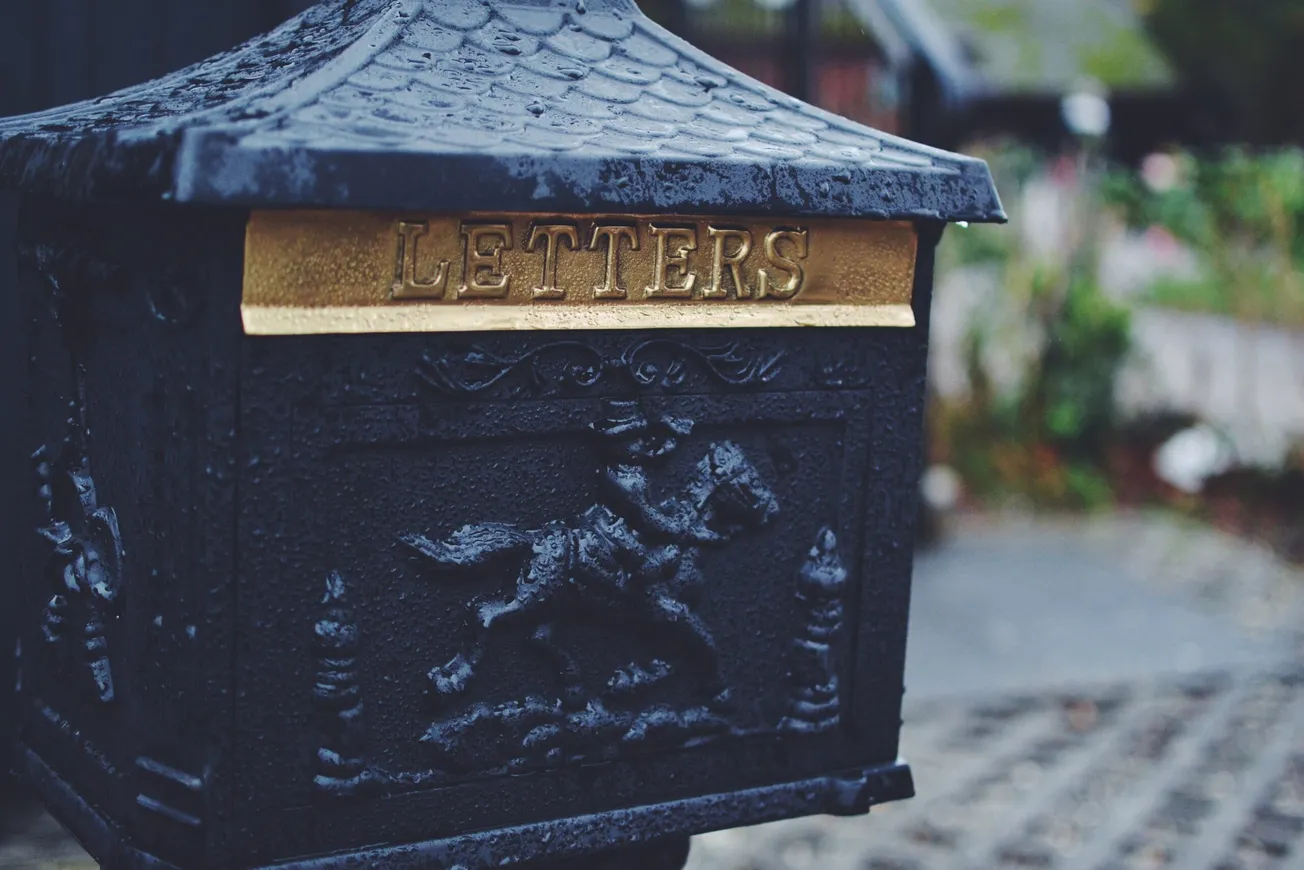Table of Contents
February 20th, 2022.
I have hesitated to comment on the crisis involving Ukraine as whatever I say or forecast will probably turn out to be wrong and leave me with egg on my face. However, it is providing a shelter behind which Boris Johnson can hide, shielding him from the ongoing party saga.
A little background may help.
There are many questions revolving around Putin, his state of mind and his motives for the invasion of Ukraine (if it happens). There are theories that Russian diplomats and even the generals will eventually pull him back from the brink of a conflict which would result in large numbers of body bags arriving back in Russia. Even within Russia this will cause major public discontent. However, we should examine the background of Putin. He is a career intelligence operative, having come up through the ranks of the KGB and then the FSB. His close advisors are not the military, nor local politicians, they are current and ex FSB operatives. This is a close-knit community, immersed in exercising power through threats, dirty tricks and extortion. They have more control over Russia’s policies than the military.
Why does Putin want to expand into Ukraine? He could be exerting pressure on the West to prevent the future expansion of NATO into Ukraine, or get a reduction in Western military presence in the Baltic states and Poland.
If we look at the geopolitical structure of Russia we may get an idea of their thoughts. Following the annexation of Crimea in 2014 Putin was quoted as saying “Russia found itself in a position it could not retreat from. If you compress the spring all the way its limit, it will snap back hard. You must always remember this”. This was an expression of his fear of the eastwards expansion of NATO, eliminating the buffer supplied by the states between the West and Russia.
Whilst Russia is vast its population is to be found mostly west of the Urals, with 75% being found there and 25% East of the Urals. It is this vastness that is Russia’s natural defence. Any hostile country attacking from the East would finish up with the difficulty of controlling vast areas of conquered territory. It has challenging conditions and weather and would require extremely long supply lines, running the danger of over stretch. With a solid base in the Urals the Russians could counter-attack at leisure.
To the South are the old Soviet Asian states and many of these are still allied to Russia, both philosophically and economically. Moscow manages the strategic risk from these countries with a degree of comfort.
It is when we look West from Moscow that we see Russia’s concerns. In order to secure itself from invasion from the West it has been Russia’s policy, developed over the years to have client buffer states between the West and Russia. With the collapse of the Soviet Union, the Baltic states, Poland, Hungary, Bulgaria, Romania, Czech republic and Slovakia all became Western-oriented and either joined the EU and/or NATO. Viewed from Moscow this is a threat to Russia and has been a source of irritation to Putin and his internal allies.
It has been a long term aim of his to develop a strategic objective of regaining the security that they had before the collapse of the Soviet Union. Given a weak US president (see the ham-fisted withdrawal from Afghanistan), Germany in the post-Merkel era, a UK with a Prime Minister with a notorious inability to grasp detail and you have a development of a situation amenable to exploitation by Putin. This is either to retake Ukraine and/or get a reduction in the threat to Russia by reducing NATO’s armed presence in the old Soviet Bloc countries.
The big question, which I can’t answer, is What will Putin do now?
I had a spell working in Ukraine and whilst the average Ukrainian doesn’t hate Russians (there are too many family links between Russia and Ukraine they have a deep mistrust of the Russian State in General and Putin in particular. They have seen their standard of living grow dramatically since they left the Soviet Union and developed more trade with the West. They do not want to go back to the old days. They have suggested that if Russia invades then there will be the probability of subversive activity taking place in Russia, even given the tight control that the FSB exercise over the population.
If an attack comes through Belarus then the local suggestion is that Minsk would be subject to retaliation by subversive Ukrainian forces. The whole situation would be very messy.
Putin may wish for a quick pre-emptive strike such as happened in the Crimea, but he may see long term instability and oppression in Ukraine as a price worth paying for a return to the buffer state borders of old.
He is also willing to endure western sanctions if he can achieve his objectives. Whether his people will is another matter.







